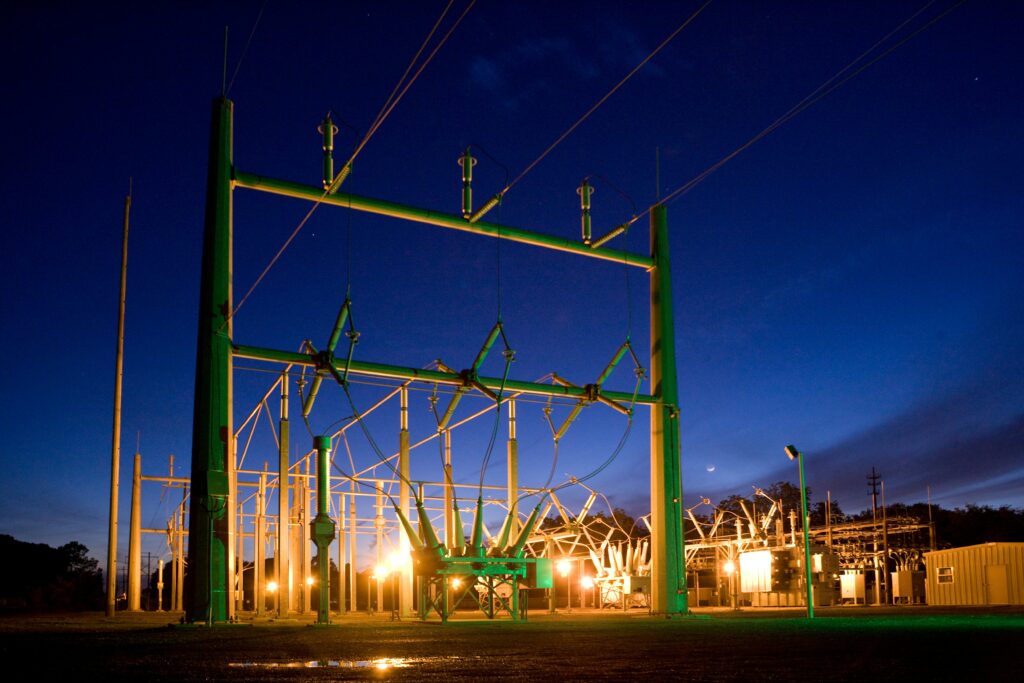The rapid ageing of the world’s population and climate change over the coming years may give the energy sector headaches by driving up energy demand, a new study has found.
A study by academics at Harvard University and the Max Planck Institute for Demographic Research looked at how residential energy demand changes over the human lifespan.
The study found that humans use more energy as they age, influenced by local climate, with demand due to warmer temperatures particularly spiking among the elderly.
The authors of the study have warned that a combination of an ageing population and climate change could lead to an ‘amplification of effects’ on the global energy system.
Hossein Estiri, researcher at Massachusetts General Hospital’s Laboratory of Computer Science and co-author of the study, said: ‘We think it’ll be beyond our expectations and put a lot of pressure on energy supplies.’
The research, published in the journal Energy Research & Social Science, used statistical methodology to look at individual energy usage from the U.S. Energy Information Administration’s Residential Energy Consumption Surveys in 1987, 1990, 2005, and 2009.
It found that residential energy use climbs with age, starting in one’s early 20s and reaching a peak in one’s mid-50s before increasing rapidly after the age of 70.
This is important as many developed countries face a ‘greying’ population, while residential energy use is the largest global energy consumer, accounting for around 40% of global energy demand which is itself expected to rise by around 60% between 2010 and 2040.
The study found that the change in demand due to ageing was highest in warmer temperatures, particularly among those over the age of 70, likely due to cooling needs such as air conditioning.
Estiri warned that the results show that the growing elderly population’s energy needs will only need further consideration over the coming years as global temperatures rise due to climate change.
‘Population ageing is going to have huge impacts in the future, starting in the near future,’ Estiri said. ‘There’s going to be a lot of problems that we’d better start thinking about.’
The co-authors of the study said that one response to the problem may be making elderly residences more energy-efficient, such as by incorporating solar panels or by making energy savings through building design.







